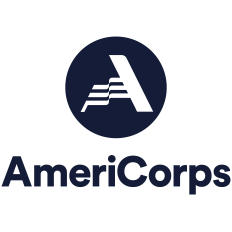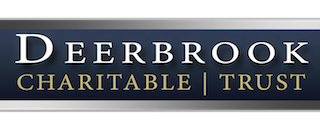September 12, 2016
One-on-One Time in Classroom Can Improve Students' Reading Skills

Originally published by Public News Service.
SEATTLE – The school year is in full swing once again, and some students might dread that their reading skills aren’t up to par.
But a new report from Reading Partners Seattle shows all these students might need is more one-on-one help.
Afi Tengue, the literacy support group’s executive director, says volunteers with her organization are able to provide support to students in under-resourced schools who might not get the attention they need in large classrooms.
“One teacher can only focus on so many kids at a time, and so when a student needs specific help and there isn’t a teacher’s assistant and there isn’t in-class tutoring, programs like Reading Partners with one-on-one time focus explicitly on what the students need,” she explains.
The Reading Partners report showed 83 percent of the students the group helped last year mastered key skills needed to read at grade level.
Two-thirds of fourth graders in Washington aren’t able to read at grade level, according to the Annie E. Casey Foundation.
Tengue says there always is a need for more volunteers to help children read. She says it’s an incredibly important task and has ramifications for students down the road.
For instance, children who aren’t able to read at grade level by fourth grade are much less likely to graduate from high school.
“There’s all kinds of statistics that speak to the costs of individuals who aren’t able to climb the academic and career ladder, so it’s incredibly important and incredibly simple at the same time to show up for an hour a week and really solve the problem,” she points out.
You can donate books to Reading Partners Seattle for students to take home by going to Readingpartners.org/volunteer.










